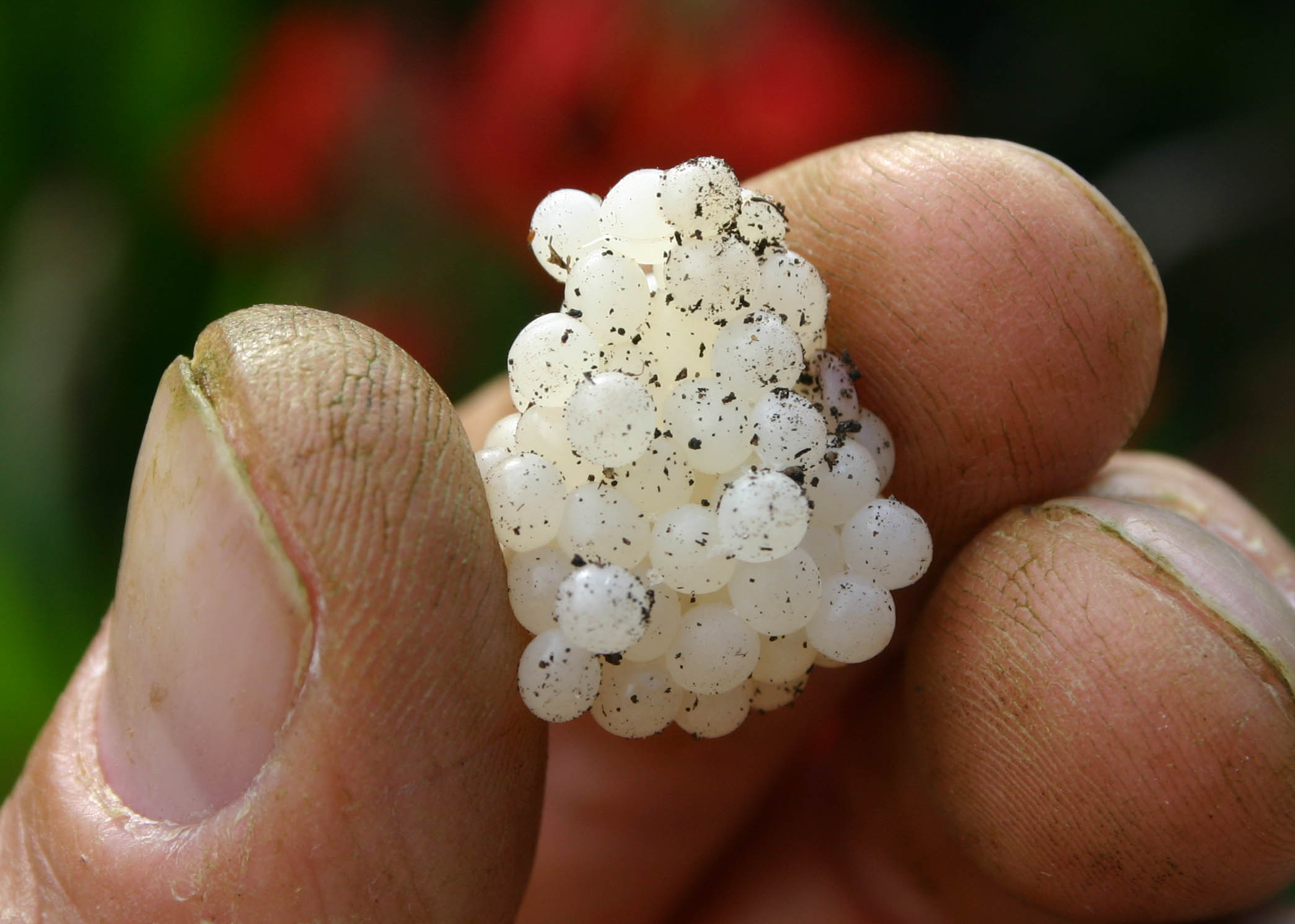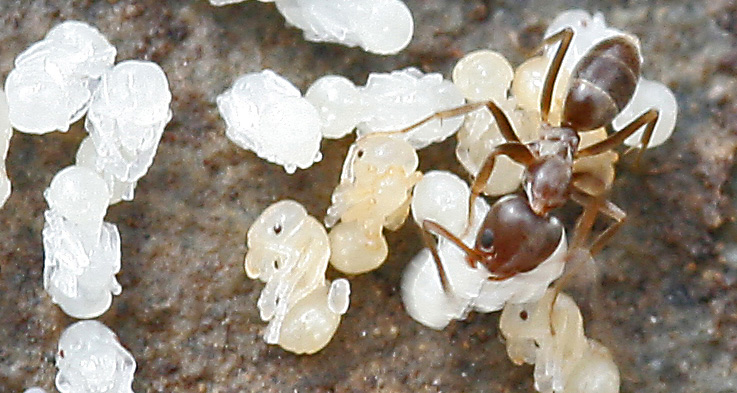Follow
the podcast on


My dear darling sister (with the beautiful name of Roos) sent me a picture from the Netherlands; it was a pretty orange slug hiding inside her robotic lawn mower named Albertus. It came out of the mower to show itself in all its glory.
Roos immediately linked this slug to a complete disaster when she came home from Holidays in France: Albertus had failed to keep up with his task as the grass was a couple of feet from touching the Matariki stars.
Investigation of the inner workings of Albertus showed a heap of soft, sticky and shredded plant material, covered in sloppy slug slime.
It’s a great habitat for the mollusc pests in the garden and at the same time a magnificent form of transport to your favourite plants.
In such a wonderful, sheltered spot slugs and snails can have a great theatre for reproduction: eggs will be stuck to all surfaces, and they’ll hatch as soon as temperatures are becoming a bit milder…
 Photo / Supplied
Photo / Supplied
But that was not all that Roos found.
How about a rather large and active ants-nest full of white “eggs” around the battery and other electric wiring! By the way, those white “eggs” are actually the larvae and pupae of the ants; when you disturb an ants-nest they’ll run around to save as many babies as they can.
 Photo / Supplied
Photo / Supplied
These ants may well be the electrical disruptors of your technology. I’ve seen them short-circuiting a switch in the wall of my old house in Auckland: an ant (accidentally?) touching both switch plates and getting fried in 240 volt, while releasing a “panic smell” of formic acid. This acid also works as a defence mechanism and deterrent against predators (not very effective when you are battling the 240 volts!). The nearby ants respond immediately to this SOS call for help and are also electrocuted.
In the switch you can hear the massacre taking place with each ant increasing the formic acid cloud.
In my wall we vacuumed up hundreds and hundreds of fried ants. The smell was amazing!
You can also imagine that these kind of disruptors can cause the beginning of a fire.
LISTEN ABOVE
Take your Radio, Podcasts and Music with you









